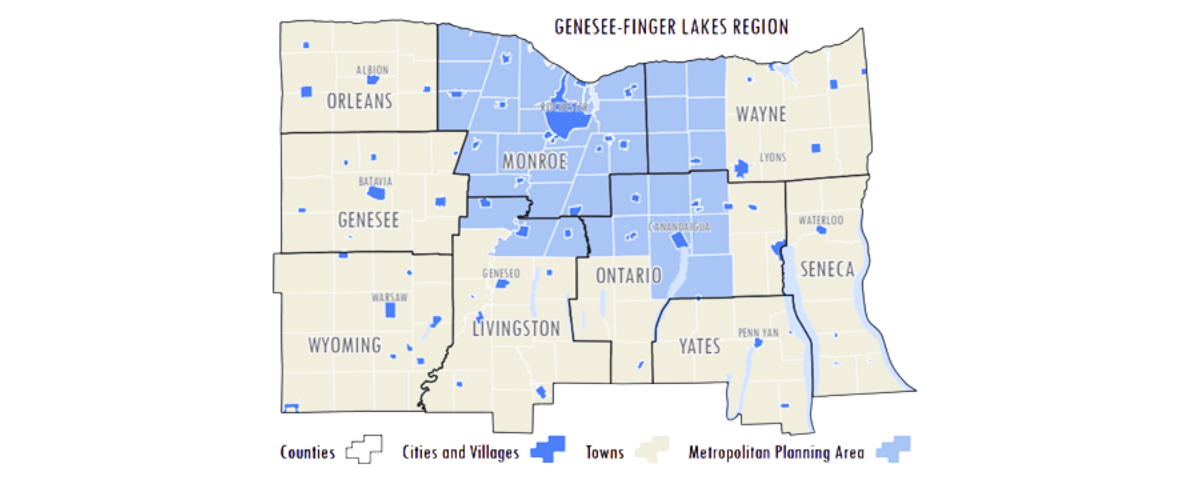Our Mission
Greater Rochester Clean Cities is a U.S. Department of Energy designated coalition in the Clean Cities and Communities partnership. We work to advance affordable, efficient, and clean transportation fuels, energy efficient mobility-systems, and other fuel-saving technologies and practices throughout the Greater Rochester area.
Our organization is built on the premise that we can change our communities for the better through partnerships and work together to reduce our reliance on imported oil and improve air quality.

Our Regional Impact*
17K+
Tons of GHGs Saved
2M+
Gallons of Gasoline Reduced
25
Years of Work

150
Stakeholders
*Data From GRCC 2024 Annual Report
How We Can Help You
News
GRCC Events

The Clean Cities and Communities mission is to to advance the nation’s environment, energy security, and economic prosperity through collaboration with communities by building partnerships with public and private stakeholders to create equitable deployment of clean transportation solutions for all.
The new name, Clean Cities and Communities, conveys the diversity of areas coalitions serve, and the new logo reflects the clean transportation focus.





















